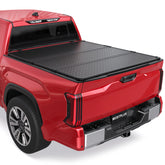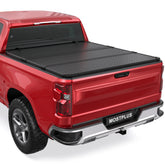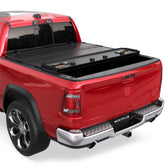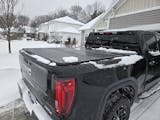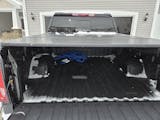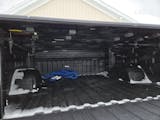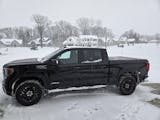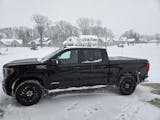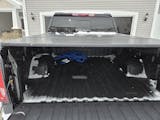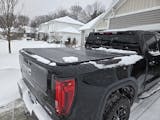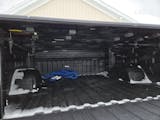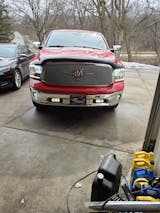What causes a cracked engine block?
The engine block serves as the heart of any vehicle. However, despite its robust construction, engine blocks can develop cracks over time, leading to various problems and potential damage to the entire vehicle. In this article, we will examine the common causes of a cracked engine block and discuss the impact on vehicle performance and safety.
Thermal Stress and Overheating
One of the primary causes of a cracked engine block is thermal stress, often caused by overheating. When an engine runs at excessively high temperatures, the metal of the engine block expands beyond its design limits. Over time, this constant expansion and contraction weaken the structure, eventually leading to cracking. Several factors can contribute to overheating, including a faulty thermostat, a faulty cooling system, or insufficient coolant.

Freezing and Frost Damage
While overheating is a common cause of engine block cracking, extreme cold can also pose a significant threat. When water or coolant in the engine freezes, it expands, putting immense pressure on internal components. This expansion can cause cracks in the engine block. In addition, proper winterization of the vehicle, including checking the radiator and heater core, can help prevent freezing cracks in the engine block.

Manufacturing defects and material quality
In some cases, the cause of a cracked engine block can be traced to manufacturing defects or poor material quality. Engine blocks are typically made of cast iron or aluminum, and variations in the casting process or the use of inferior materials can compromise structural integrity. Poorly designed or inherently flawed engine blocks can develop cracks under normal operating conditions. Manufacturers are continually improving their manufacturing processes, but occasional defects may still occur.
Improper Installation or Repair
If technicians fail to follow proper procedures during engine assembly or make mistakes during repairs, stress concentrations can occur that weaken the block over time. Using incorrect torque specifications, neglecting proper sealing techniques, or failing to follow manufacturer's guidelines can contribute to the development of cracks.
Detonation and Engine Knock
Detonation, also known as engine knock, occurs when the air-fuel mixture in the combustion chamber ignites spontaneously rather than in a controlled manner. This uncontrolled explosion creates excessive pressure in the cylinder, putting immense stress on the engine block. Over time, repeated detonations can weaken the metal and cause it to crack.

Vibration and Mechanical Stress
The constant vibrations and mechanical stresses experienced by a running engine can contribute to the development of cracks in the engine block. These vibrations are exacerbated by factors such as rough road conditions, potholes, and off-road driving. In addition, aftermarket modifications such as performance upgrades or poorly designed engine mounts can increase vibration and accelerate wear on the engine block. Regular inspections, proper maintenance, and avoiding excessive stress on the vehicle can help minimize the risk of cracking due to mechanical stress.
Conclusion
A cracked engine block is a serious problem that can have a profound effect on a vehicle's performance and safety. Regular inspections, adherence to recommended maintenance procedures, and prompt attention to any signs of engine trouble can help prevent cracking and ensure the longevity of the engine block. By proactively addressing these factors, vehicle owners can contribute to the overall reliability and durability of their vehicles.
Featured Products
- $479.99
$499.99- $479.99
- Unit price
- / per
- $549.99
$559.99- $549.99
- Unit price
- / per
- $489.99
- $489.99
- Unit price
- / per
- $469.99
$489.67- $469.99
- Unit price
- / per
